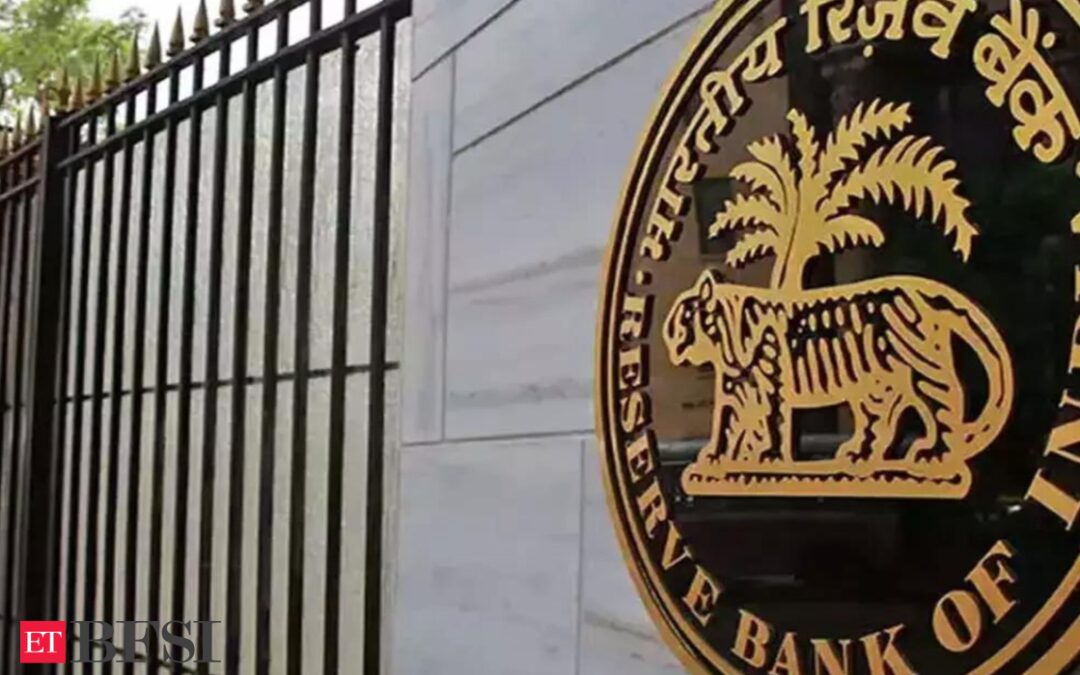The Reserve Bank of India (RBI) has proposed draft guidelines on project financing that could significantly impact lenders by imposing heightened provisioning requirements. Under these guidelines, lenders would be required to set aside provisions of up to 5% of outstanding exposures during the construction phase of projects, compared to the current 0.4%. This provision would then decrease to 2.5% once the project becomes operational.
According to analysts, the proposed guidelines are a preemptive measure by the RBI to prevent large defaults on infrastructure loans, especially considering recent increases in infrastructure spending. However, some analysts and market participants have expressed concerns that these regulations could tighten funding for project finance, potentially hampering infrastructure and capital expenditure growth.
The draft guidelines also stipulate that no individual lender should have an exposure of less than 10% of the aggregate exposure in consortium-financed projects with total lender exposure up to Rs 15 billion. For projects with higher lender exposure, this individual exposure floor is set at 5% or Rs 1.5 billion, whichever is higher.
Also Read: Shares of REC, PFC and IREDA plunge after RBI’s draft guidelines on project financing
The concerns
The proposed provisions have drawn criticism from industry insiders, who argue that while the move enhances risk management, it could increase the cost of lending and operations for infrastructure financing. State-owned non-banking finance companies, particularly those focused on power infrastructure projects, witnessed a decline in their stock prices following the announcement.
Analysts predict that these increased provisioning requirements may lead to diminished returns for lenders in project finance and reduce their appetite for such exposures if implemented as currently drafted. Market participants are anticipating potential revisions to the draft guidelines and may urge the RBI to consider existing provisions held by banks towards meeting these additional requirements.
The proposed guidelines, aimed at bolstering risk management in project financing, are viewed by some as potentially detrimental to infrastructure sector growth due to increased lending costs and operational challenges associated with compliance. This development underscores ongoing regulatory efforts to fortify financial stability amidst rising infrastructure investment in India.











